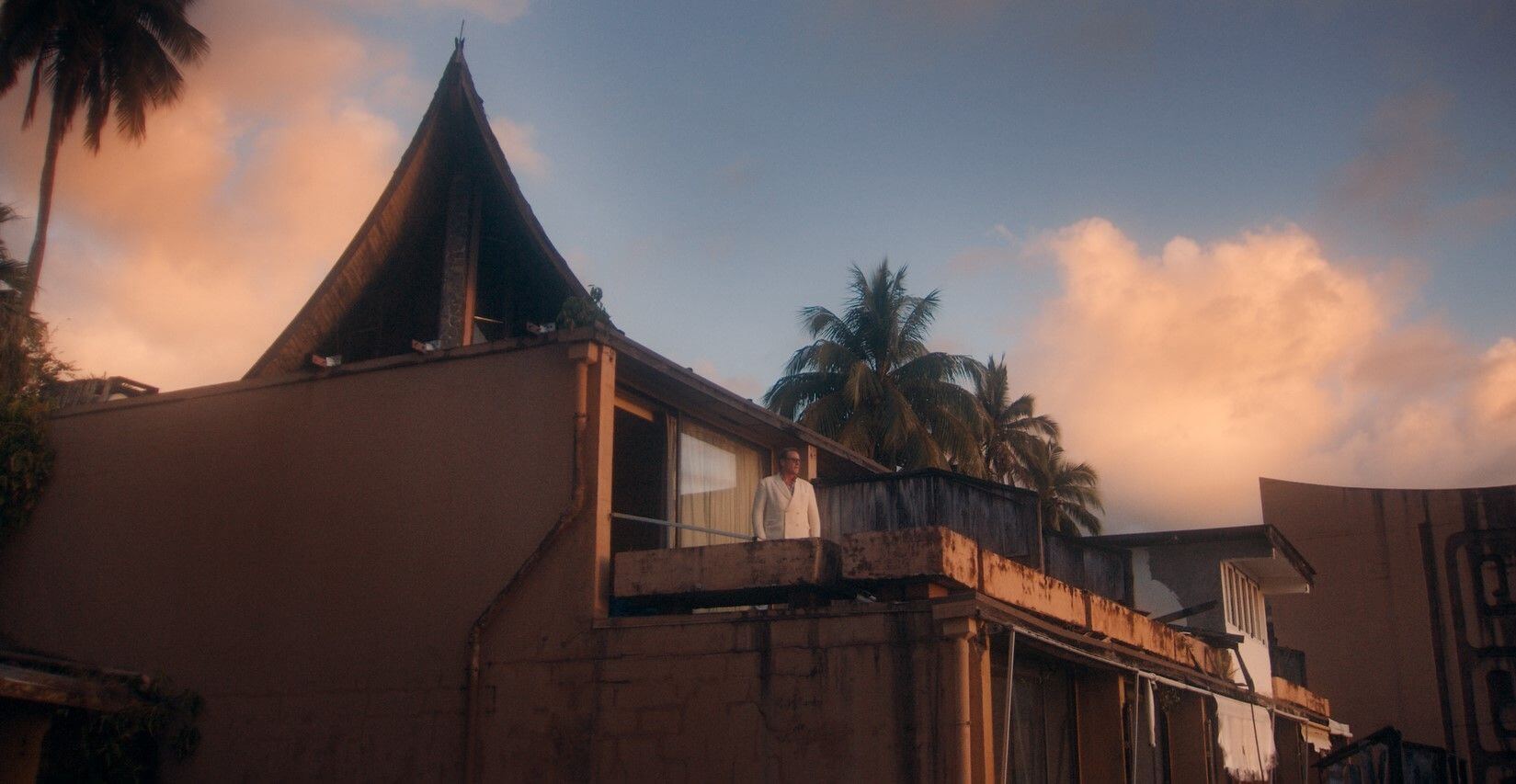Among the “Big 3” film festivals in Europe, Berlin is known to have the most esoteric and avant-garde taste, Venice the most Oscar baits, and Cannes somewhere in-between. Still, every year there is usually at least one slot in the Cannes Competition for more challenging fare, especially in the genre of slow cinema. Past examples for this quota include Apichatpong Weerasethakul’s Memoria and Uncle Boonmee Who Can Recall His Past Lives. This year, this coveted spot goes to Pacifiction by Catalan director Albert Serra.
Slow cinema refers to a style of filmmaking that prioritizes mood and pacing over plot and even story. As the name suggests, the average shot length of slow cinema can be up to minutes, and its goal is to slowly draw the audience into a contemplation of craft, emotion, and meaning. Its common techniques are long takes of precise, static shots, and its subjects are often quotidian and uneventful, sometimes mystical and spiritual; a defining example is the four-hour housewife cleaning movie Jeanne Dielman, 23, quai du Commerce, 1080 Bruxelles.
As such, plot is the least of Pacifiction’s concerns, and to describe it would be doing it a disservice. It’s supposedly about a French hotel owner in Tahiti getting involved in nuclear testing politics, but it is the opposite of a political thriller – it instead spends its time on seemingly unrelated or irrelevant sequences. The result is the opposite of alienating; slow cinema is as much of a challenge as it is an invitation to leave behind our increasingly rapid outside world and transport ourselves to a film’s environment. Because of its precise craft and three-hour patience, Pacifiction is a hypnotic fever dream that builds to a more exciting and enthralling finale than the thrillers in Competition, even if what we see is merely dancing in a nightclub and a staring contest.
Pacifiction is not Albert Serra’s first film in slow cinema; The Death of Louis XIV (2016) is a perfectly decent attempt, tracking the grueling, prolonged decline of a bedridden Louis XIV’s health, but it lacks the formal precision that allows the viewer to fixate on and enter the frame. Pacifiction is a massive step-up in this department: it is arguably the most beautiful film in Competition, and would wholly deserve a technical prize if given. The unlikely combinations of colors are tropical, kaleidoscopic, and baked into the film; Serra fully uses the widescreen of the anamorphic format to envelop the audience in his islands and rooms. There is cinematography of the naturalistic, invisible variety, but also neon-lit nightclubs and a boat trip at night that looks like it has background visual effects from classical Hollywood driving scenes. Not to mention its long takes are truly long this time. All of these visual decisions amalgamate to create a strange and spellbinding viewing experience.
Sound is of equal importance in slow cinema, or any cinema, period. I truly fell on the wavelength of Pacifiction when the protagonist went on a ten-minute monologue in his car, starting with “politics are a nightclub.” As he droned on and on, I realized his words were intentionally meaningless, and it was the sound he was making that mattered. He quite literally drew me into the film. With self-aware humor, the film cuts to his companion in the shotgun, sound asleep. Then there is supposedly a boat then foot “chase” that only involves getting lost in a staring contest, but because Serra builds up each shot with such excruciating patience, I was on the edge of my seat. Capping off the film is a thirty-minute dance sequence that clearly has no intention of ending as Serra goes into a third song. At that point, the invitation to enter the film’s world cannot be clearer, and I was totally entranced by the film. This power to bewitch and hypnotize, to literally slow down the audience’s pulse and make them temporarily discard the hustle and bustle of the outside world – there is no other cinema that can do that.

That is not to say the film has no ideas beyond its surface. Viewers aware of the socio-politics of France and Tahiti will probably have a better understanding of the film’s commentary on neocolonialism, but as in most slow cinema, geopolitics take second place. Also present is the film’s use of the gendered gazes: it is not clear if the elusive Serra identifies as queer or not, but we spend a lot of time staring at men dressed only in glow-in-the-dark speedos. Later in the film, topless women take their place, but they are all shot from behind, in wide shots, or obscured by shadows. Finally, the topless men make a glorious return, and this erotic charge only propels the film to an even more mysterious place. What hypnotic dream would be complete without chiseled men and their bulges?
I understand that the meaningless of the dialogue is the point, but the film still spends too much time in verbal conversation. If the dialogue is cut by half, this film would reach even taller heights. But even as it is, Pacifiction immediately stands out as one of the best films in Competition – one made with such daring vision and captivating power that it warrants at least one prize from the awards ceremony, if not the Festival’s highest recognition of the Golden Palm.
